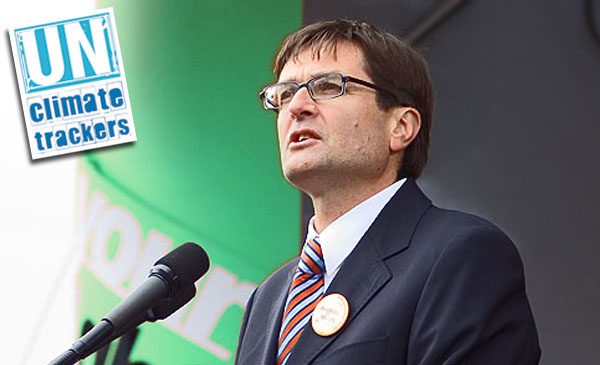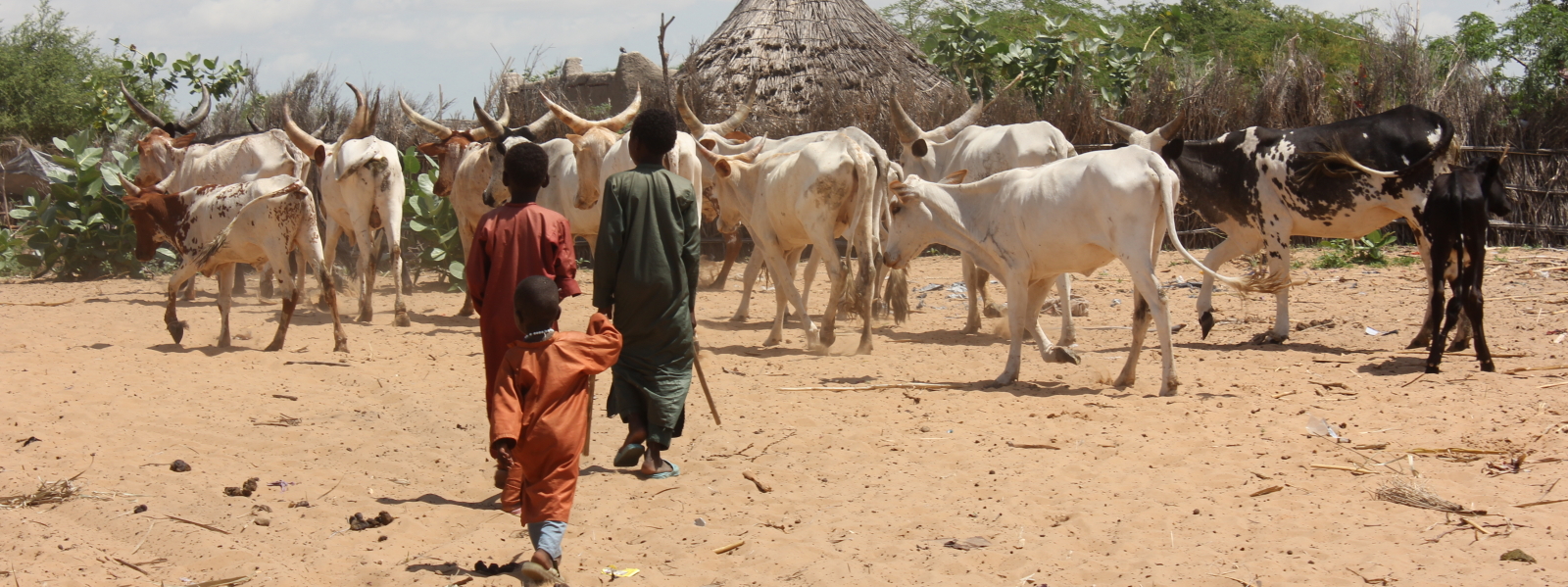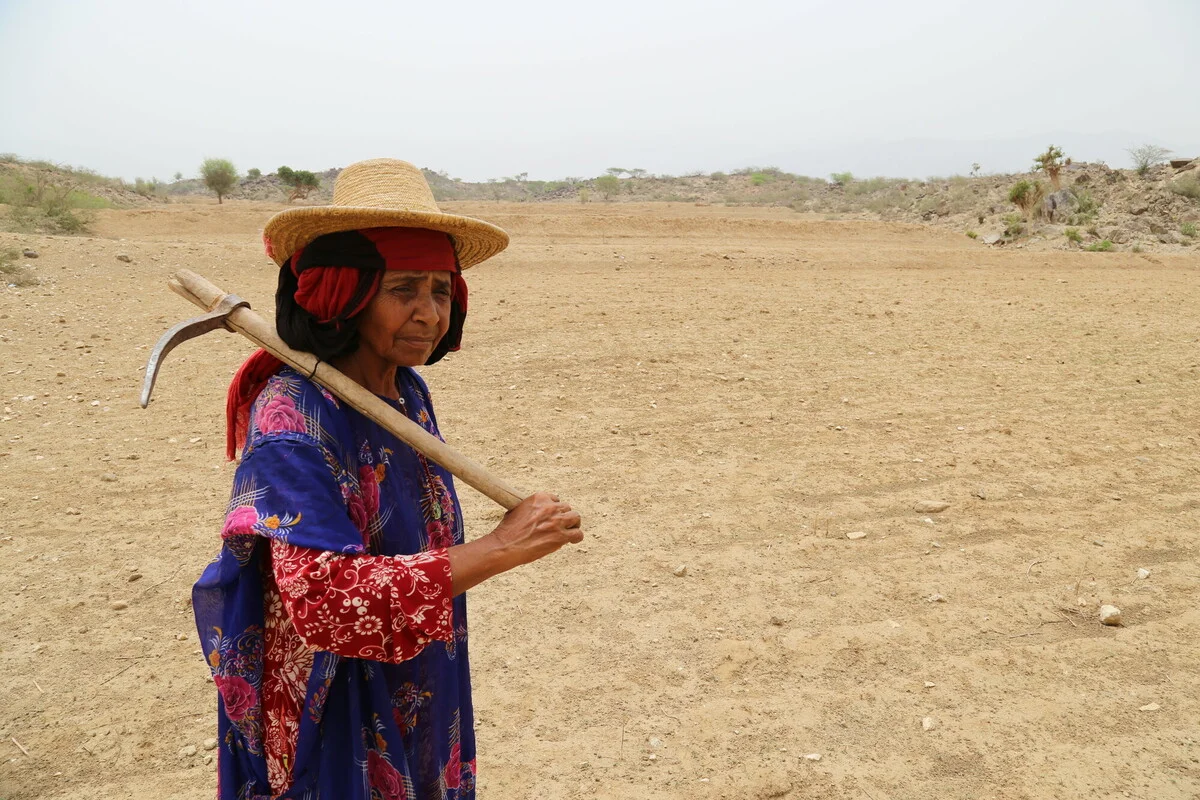The final week of critical climate negotiations in Cancun is upon us. Australia’s Minister for climate change, the Hon Greg Combet, arrived on the weekend and got straight to work. He has landed himself in the middle of tense and fragile negotiations. There remains a mixed atmosphere of both optimism for success in Cancun and fear of inadequate action.
So far during Cancun we have seen incremental progress in some areas, however, we still lack the breakthrough that is needed. Despite countries coming together in the spirit of collaboration with more compromise we are yet to see a much-needed increase in the pace of negotiations or movement towards a fair, ambitious or binding international treaty. Australia’s precise role in Cancun is difficult to discern as so many of the meetings are closed to observers. Whilst it is clear that we have some respectable positions, such as a commitment to the Kyoto Protocol, it is difficult to know how Australia’s team is negotiating on the all important details. All eyes are now turned to Minister Combet to see what role he will play in progressing the talks and securing strong outcomes from Cancun.
Facilitating crucial progress
During an extended meeting on Sunday (that’s right, the negotiations do not stop for weekends) it was announced that Australia’s Minister will co-facilitate a key negotiating stream. Greg Combet will co-facilitate the negotiations on finance, technology and capacity building with the Bangladeshi Minister for the Environment. While this may sound a bit dry, this negotiation may yield one of the most important outcomes of these climate talks.
The finance component of this negotiating stream deals with the establishment of the global climate fund to support adaptation and emission reductions in the developing world (read my article on this topic on ABC’s the Drum). Establishing the governance and management procedures for a fund is becoming a key theme of these talks.
Developing countries, particularly those which are most vulnerable to climate change, are anxious to see key decisions towards the establishment of this fund. For example, they would like to see this fund under the authority and guidance of the United Nations Framework Convention on Climate Change (UNFCCC) so that all countries can have an equal say in its operation. Progress on the global climate fund through the finance negotiations has the potential to build trust in Cancun and advance other areas of the talks.
Shaping the future
Minister Combet is now at the centre of the climate negotiations. His hands are close to the levers that are steering this process. It is a role with significant influence and great responsibility. Earlier today I heard someone say that the Minister is excited and looking forward to co-facilitating a key component of these negotiations. Lets hope that this eagerness can translate into skilful and generous negotiating capacity. Minister Combet has the opportunity to play a key leadership role in facilitating success in Cancun.
Take action: join hundreds of Australians and send a message to Combet in the final days of the negotiations asking him to support a global climate fund.



